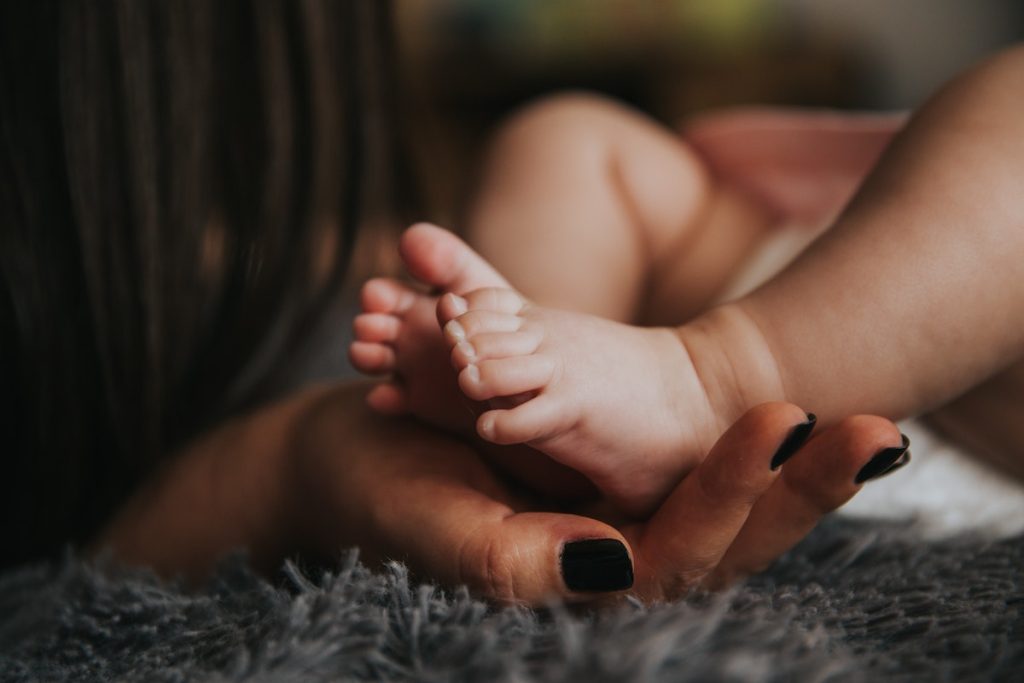- Postpartum Depression is common and can be managed through rest, support, self-care, and professional help.
- Postpartum hair loss is caused by hormonal fluctuations and can be treated with natural remedies and protein-rich foods.
- Urinary incontinence can be overcome by doing Kegel exercises to strengthen the pelvic muscles.
- Breastfeeding challenges can be overcome with advice and support from a lactation consultant or doctor.
- Constipation and hemorrhoids can be managed by drinking plenty of fluids, eating fiber-rich foods, and applying ice packs.
Congratulations on bringing a new life into the world! As a new mom, you have probably spent much of your pregnancy anticipating the joy and adventure that comes with motherhood. But, as you start to recover from childbirth, you may be confronted with a host of health issues that no one warned you about. Rest assured, these health issues are common, and many new moms face them. In this blog, you will learn about a few health issues you may experience after giving birth and some tips on how to overcome them.
Postpartum Depression
Postpartum depression (PPD) is a type of depression that occurs after childbirth and can last for weeks or months. Symptoms include sadness, hopelessness, loss of appetite, and difficulty sleeping. Fortunately, there are plenty of things you can do to help manage your PPD. Here are some methods you should try:
Get enough rest
Getting plenty of rest is essential to help your body and mind recover from childbirth. Make sure you are getting at least eight hours of sleep a night if not more.
Find support
Surround yourself with supportive family and friends who can provide emotional support when needed. If possible, connect with other new moms in your community so that you have a built-in support system.
Practice self-care
Be sure to take some time each day to do something that you enjoy. This could include taking a relaxing bath, reading a book, or even getting a massage. Anything that helps you relax and rejuvenate is beneficial when dealing with PPD.
Seek professional help
If your PPD persists or if you are feeling overwhelmed, it is important to seek help from a mental health professional. Your doctor can provide medication and other treatments that can help you manage your symptoms.
By taking active steps to manage your health, you can overcome postpartum depression and enjoy motherhood to the fullest.
Postpartum Hair Loss

It’s common for new moms to experience thinning hair or significant hair loss after giving birth. This is due to hormonal fluctuations that happen during pregnancy and can last a few months. Many women find relief by using natural remedies such as scalp massages and essential oils. Additionally, eating a healthy diet full of protein-rich foods like lean meats, eggs, and nuts can help boost hair growth.
Trying a natural anti-hair fall shampoo and conditioner can also be an effective postpartum hair loss treatment. This shampoo contains high levels of vitamins and minerals, including Vitamins A, E, B-complex, and calcium. The product may include ingredients, such as antioxidants, moringa essence, olive oil, and sunflower extracts, that can aid in managing hair fall. Not to mention it can make your hair shiny and soft.
Urinary Incontinence
Many women experience urinary incontinence after giving birth. This occurs when you accidentally leak urine while coughing, laughing, sneezing, or exercising. Urinary incontinence is caused by weakened pelvic muscles.
One way to overcome this is through exercises that strengthen your pelvic muscles. You can do Kegel exercises, which involve squeezing and releasing your pelvic muscles, to improve your bladder control.
Breastfeeding Challenges
Breastfeeding can be difficult for some new mothers. Common challenges include engorgement, nipple pain, and low milk supply. Talk to a lactation consultant or your doctor if you experience any of these symptoms. They can offer you advice and support to help you overcome these challenges.
Constipation

After giving birth, you may experience constipation. This occurs when your bowel movements are infrequent or difficult to pass. Constipation is caused by a combination of hormonal changes, dehydration, and a lack of physical activity. To overcome constipation, make sure to drink plenty of fluids, eat fiber-rich foods, and exercise every day.
Hemorrhoids
Hemorrhoids are swollen veins in your rectum and anus. They can be extremely painful, especially after giving birth. Hemorrhoids are caused by a lack of physical activity, constipation, and stress. You can use over-the-counter creams, sitz baths, and ice packs to reduce the pain and swelling associated with hemorrhoids.
Giving birth can bring a lot of joy and excitement, but it also comes with its own set of health issues. From postpartum depression to hemorrhoids, there are many common health issues that new moms may experience after giving birth. With the right strategies in place, you will be able to enjoy this amazing time in your life without worrying about any potential health risks down the road.


